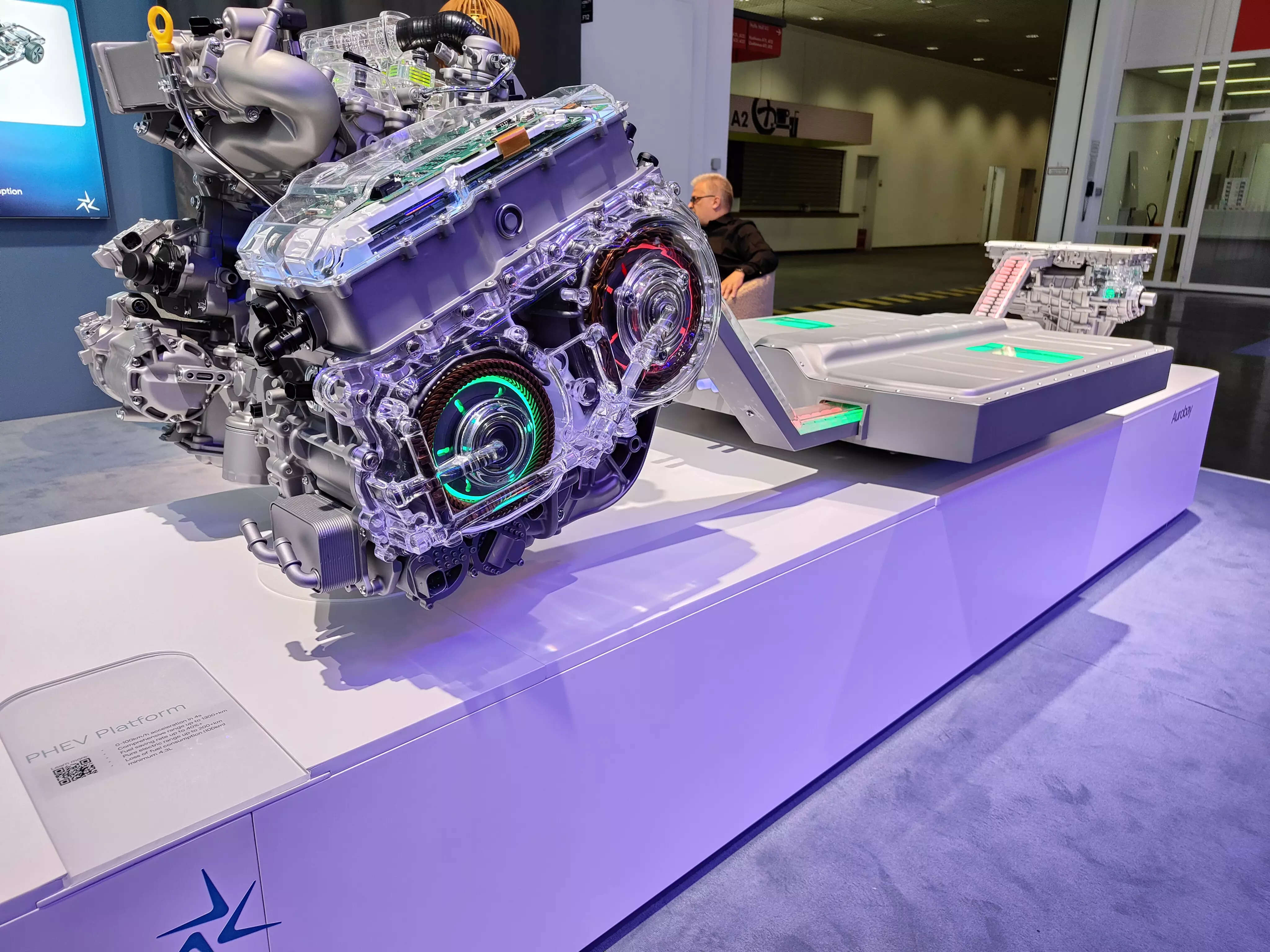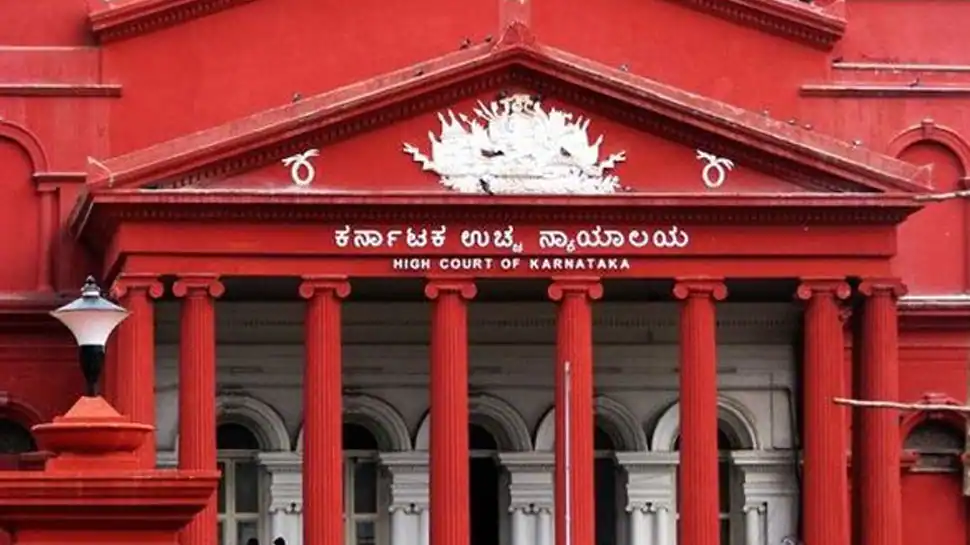
Some are betting on electrics as the only propulsion tech of the future, and some are betting on a mix of technologies, where EV tech will have a share. Aurobay falls in the latter group. Aurobay is a company formed by combining the powertrain activities of Swedish car brand Volvo, and of its Chinese owner Geely.
“We believe there will be no single route to achieve carbon neutrality. There are several new routes. Hybrid is for sure one of them”, Wen Xiong, Sales Director, Aurobay Technology, told ETAuto. The other options include Hydrogen (fuel cell and H2ICE), ethanol (and flex fuel), and synthetic fuels. Aurobay is bullish on the growth of the HEV (Hybrid Electric Vehicle) and PHEV (Plug-in Hybrid Electric Vehicle) segments.
India, which is witnessing a gradual increase in the number of hybrid car models, and a healthy sales growth curve, also interests Aurobay. As an international company, Wen says, “we are looking for opportunities, couple of collaborations, but like I said, we need a partner in India. So, it sounds like a plan if we work together and we grow together.”
No matter how good the technology offering is, localisation is key to succeed in the Indian market. A joint investment for the same is what Aurobay is looking at. As the domestic automobile industry players work on expanding their powertrain options, a new entrant with a sound product proposition has a better chance to crack the market now.
“We are in the transformation phase where carmakers are looking at all powertrain options. A new player offering advanced technologies will have a good chance,” says Gaurav Vangaal, Associate Director, LVP, Forecasting, S&P Global Mobility, and adds that hybrid car sales is on the rise.
Autobay has a range of 1.5t and 2 t. hybrid engines, and transmissions, designed and developed at its engineering centres located in Sweden and China. Almost all are 4-cylinder engines that run on petrol. There’s also a diesel hybrid, which is also suitable for biofuels.There’s a 3-cylinder 1.5L too in the pack.
With potential of around 40% better fuel efficiency in real world driving, Wen says HEV technology is a better bet. With the PHEV option, depending on the battery pack size, the deal can be made even better. However, the price difference between a regular petrol vehicle and one with a strong hybrid acts as a challenge. For example, the price difference between a mild hybrid variant of the Maruti Suzuki Grand Vitara, and its strong hybrid version is almost INR 2 lakh rupees.
“If you have a hybrid with a bigger battery, then in the city you can just use the car like a BEV (Battery Electric Vehicle). But for the longer distance you can just switch to gasoline (petrol),” says Wen, at the IAA Mobility, where Aurobay also showcased its PHEV powertrain platform which promises a comprehensive driving range of over 1300 KMs, with over 200 KMs in pure electric mode. His comment can also be seen as a justification for the price premium for strong hybrid technology.
In China, Wen said, the share of HEV has reached 10%, and BEVs and PHEVs together contribute to around 30% of the industry’s volumes. Petrol cars still have a majority share of 60% in the 20 million+ passenger vehicle market.
Can the new JV with Renault also pave the way for an India entry?
Geely and French car major Renault have come together to form a new entity which is expected to go on stream from January 2024. The stated objective of the new company is to be a ‘leader in the next generation of low-emission internal combustion and hybrid powertrains’.
According to an earlier statement, the new company will have a turnover of over Euro 15 billion and will employ 19,000 people and operate 22 sites worldwide, located in China, Sweden, Portugal, Romania, Spain, Türkiye and South America. These bases will also allow the partners to concurrently develop the next generation of fuels.
Could the alliance also help in an India entry for Aurobay, since Renault is also preparing for its next phase of growth in India as part of its global plan of 8 new models by 2027? Saying it’s “possible”, Wen adds, “if there’s a proper product that we can bring into the Indian market, why not?’ While this route to tap the Indian market is a possibility, ETAuto learns there’s no concrete plan at Renault India currently, of sourcing powertrain from the new entity in the short to mid-term.
In the immediate future, that is by the end of this year, Wen says Aurobay may touch the 300,000 mark in sales of hybrid engine and transmission units. Last year, Aurobay saw a turnover of Euro 4 billion. If achieved, it’ll be double of what the company sold last year.
Opportunities arising out of a not-so-universal electrification megatrend are what Aurobay expects to capitalise on for growth. In a statement issued last year, Aurobay’s deputy CEO Michael Fleiss had said, “In many parts of the world, there will neither be enough fossil free electricity nor enough charging infrastructure to allow for rapid electrification. According to industry estimates, in 2040, 55-75% of all cars on the road will still be ICE or hybrid powered”.
And, that could give hybrid, and other options like biofuels, synthetic fuels a chance to become part of the overall energy/technology mix in the automobile industry.

















